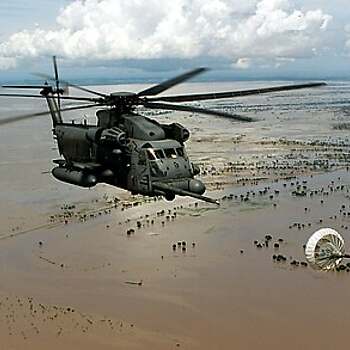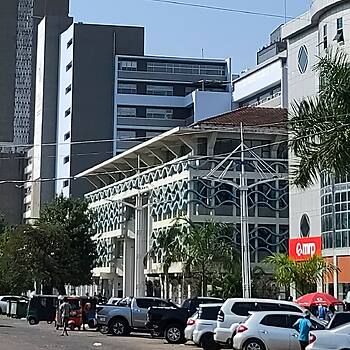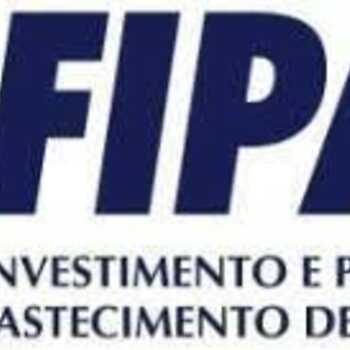Sector funding
Minister Herfkens made major policy shifts, in which the bilateral project funding was replaced by multilateral programme funding and sector budget support. The main purpose was to reduce the multitude of individual projects and to enhance the ownership of the governments in the supported countries.
Mozambique became the first country that received budget support for the water sector from the Netherlands (LINK 3002]. The decision was taken while not all criteria were fulfilled. The Minister had however followed the advice of a working group (GON 2002), that the Sector Wide Budget Support (ASAS) should also be used to improve the performance (the process) to come to that critical point of eligibility. The positive review of the unearmarked funding for the humanitarian response and rehabilitation after the Limpopo floods of 2000 removed the last objections to this form of support for Mozambique (oral info Ton Negenman).
The first review of the sector wide budget support in Mozambique (ASAS) came with disappointing conclusions (CDP 2007) [no LINK]. The Mozambican government had given priority to a new housing for the national directorate DNA and debt reduction, leaving little funding for projects with direct benefits for the population and decentral institutions.
Thereafter, ASAS was restructured with more earmarking for specific sub-sectors (especially IWRM), next to a continued institutional support for DNA as a felt and essential obligation (IOB 2017/Turner). The 5th phase of ASAS that started in 2012 had little in common with the original principles of sector support, anymore.
multilateral channels
Another modality promoted by minister Herfkens was co-funding of programmes of international agencies, such as a 10% co-funding in the National Water Development Programme II of the World Bank in Mozambique. This programme responded to the priority of the Netherlands to attract private sector partners in the water sector. With funding of the World Bank, the operation of water supply in the 5 major cities was brought under concessions with foreign private companies. Although this initial privatisation was a failure, the programme brought new dynamics in the sector.
Phasing out of other modalities
Most of the bilateral projects were phased out as a consequence of the new policies under minister Herfkens. Some of them, such as the Sustainable Water Systems project (SAS) in the Northern provinces, were thought to become integrated in the sector budget support programme, but this rarely happened. And if it happened, the continuity was at stake, because of the gap between the end of project contracts and the start of spendings under the sector budget contract. The new form of Technical Assistance was through outsourcing and short consultancy contracts.
References
CDP (2007). Evaluation of sector approaches in the water sector. Country report Mozambique. Utrecht: CDP Utrecht and Delft: UNESCO-IHE; Woersem v., B., P.J. Zijlstra P.J. and Juizo D.
GON (2002). Sector Wide approaches for water and sanitation development (including Mozambique as a case); (MFA)
IOB (2008a) Het Nederlandse Afrika beleid 1998 – 2006 (Mozambique often mentioned, country description page 170-171); Evaluation Report 308
IOB (2008). Sectorsteun in milieu en water; IOB Evaluation No 317
IOB (2017). Policy Review of Dutch aid policy for improved water management, 2006-2016; Mozambique country study (Turner S.); Evaluation Report No 418
Wikipedia on Limpopo floods 2000
Version management: main author D. Bouman, May 2024



